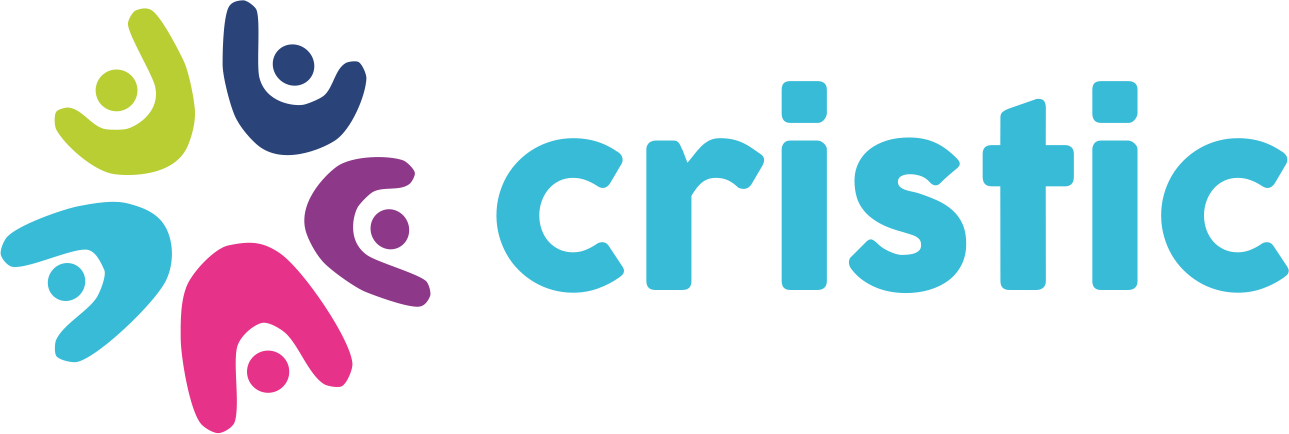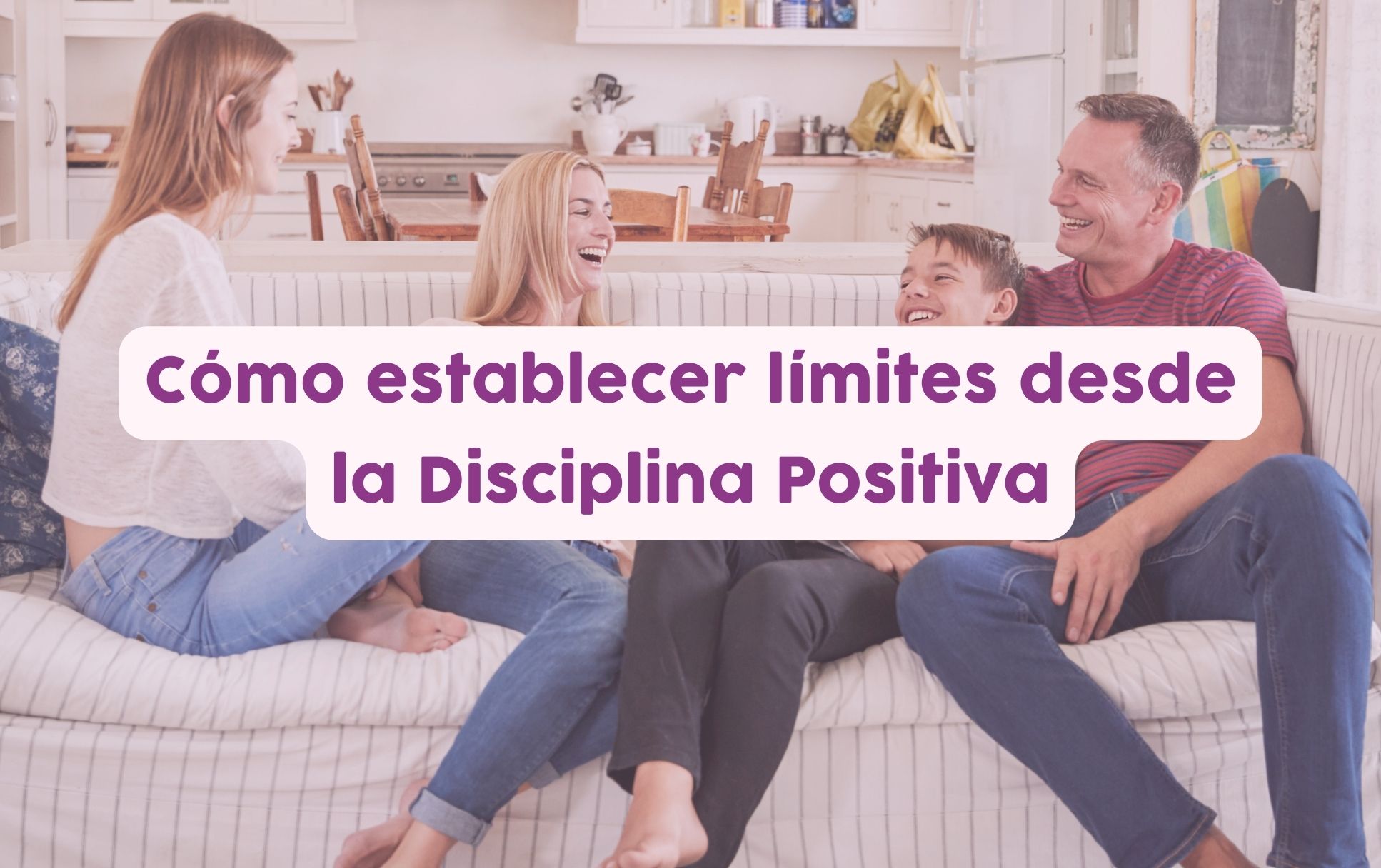La disciplina positiva es un enfoque educativo basado en el respeto mutuo, la empatía y la comunicación efectiva. Esta metodología se aleja de los castigos y premios tradicionales, y busca desarrollar en los niños un sentido de autoconciencia y autoregulación, alentándolos a entender las consecuencias de sus acciones y a tomar decisiones responsables.
Los límites, dentro de la disciplina positiva, son considerados herramientas esenciales para guiar a los niños en su aprendizaje sobre lo que es aceptable y lo que no. Estos límites no solo proporcionan seguridad y estructura, sino que también enseñan a los niños a respetar a los demás y a entender las normas sociales. Establecer límites con empatía significa hacerlo de manera que se respeten los sentimientos y perspectivas del niño, involucrándolos en el proceso de establecimiento de normas y fomentando su participación activa en la solución de conflictos.
Al abordar los límites con amabilidad y firmeza, se fomenta una relación de confianza y colaboración entre adultos y niños. Esto no solo mejora la dinámica familiar / escolar, sino que también prepara a los niños para interactuar de manera efectiva y respetuosa en la sociedad, equipándolos con las habilidades necesarias para enfrentar desafíos y resolver problemas de manera constructiva.
Como profesora y educadora en disciplina positiva, hoy comparto este artículo donde recojo algunas de las claves esenciales para establecer límites efectivos en la educación de los niños. Si lo deseas, podemos profundizar más en estos temas a través de mis asesorías y talleres tanto para familias como para docentes.
¡Únete a mi canal de Telegram para no perderte nada! 😊
Instagram para familias: educación positiva y actividades infantiles 💛
¡Nuevo! Instagram para profesores: recursos educativos y herramientas TIC 👩🏻🏫
6 claves para establecer normas y límites con amabilidad y firmeza, desde la mirada de la Disciplina Positiva
1. Involucra a los niños en el establecimiento de límites
Es fundamental que los niños participen en la creación de límites. Esta práctica fomenta su respeto y aceptación hacia las normas establecidas. Cuando los niños se involucran en este proceso, se sienten respetados, escuchados y valorados, lo que conduce a una mayor adherencia a estos límites. Sin embargo, es importante recordar que hay límites no negociables, especialmente aquellos relacionados con su seguridad y el respeto hacia los demás. Nosotros somos los adultos y por lo tanto debemos guiarles a la hora de establecer esas normas y límites.
2. Establece límites proporcionados y justos
Los límites deben ser equilibrados y respetuosos, evitando cualquier forma de humillación. Un límite justo promueve el autocontrol y la autoestima en el niño, alejándose de cualquier tendencia autoritaria.
3. Fomentar el respeto mutuo y la cooperación
Los límites deben basarse en el respeto mutuo y la cooperación. Evitar el control excesivo y la permisividad es crucial para ayudar al niño a desarrollar un sentido interno de control, garantizando su sentido de pertenencia e importancia.
4. Guía al niño a reflexionar sobre su conducta
Permítele que reflexione sobre sus actos y sus consecuencias es más efectivo que recurrir a castigos o premios. Esta práctica fomenta la responsabilidad y la autoreflexión, ayudando al niño a desarrollar un sentido de responsabilidad por sus acciones.
5. Involúcrale en la búsqueda de soluciones
Cuando un niño traspasa un límite, involucrarlo en la búsqueda de soluciones promueve el desarrollo de un comportamiento responsable y evita la rebeldía y otras consecuencias negativas de los castigos.
6. Dale la oportunidad de reparar sus errores
Desde la Disciplina Positiva vemos los comportamientos inadecuados como resultado de malas decisiones o necesidades fisiológicas y emocionales. Ver el error como una oportunidad de aprendizaje es crucial. Involucrar al niño en la reparación de sus acciones y hacerle comprender las consecuencias de estas para los demás fomenta la empatía y un sentido de responsabilidad.
En resumen, establecer límites con respeto y empatía es una parte esencial de la educación consciente y positiva. Estas estrategias no solo mejoran la relación entre padres e hijos (o profesores y alumnos), sino que también preparan a los niños para la vida adulta, enseñándoles habilidades valiosas como la autoevaluación, la resolución de problemas y la toma de decisiones responsables.
Educar con amabilidad y firmeza, siendo nosotros modelos de conducta, es clave para guiar a los niños hacia un crecimiento saludable y feliz.





